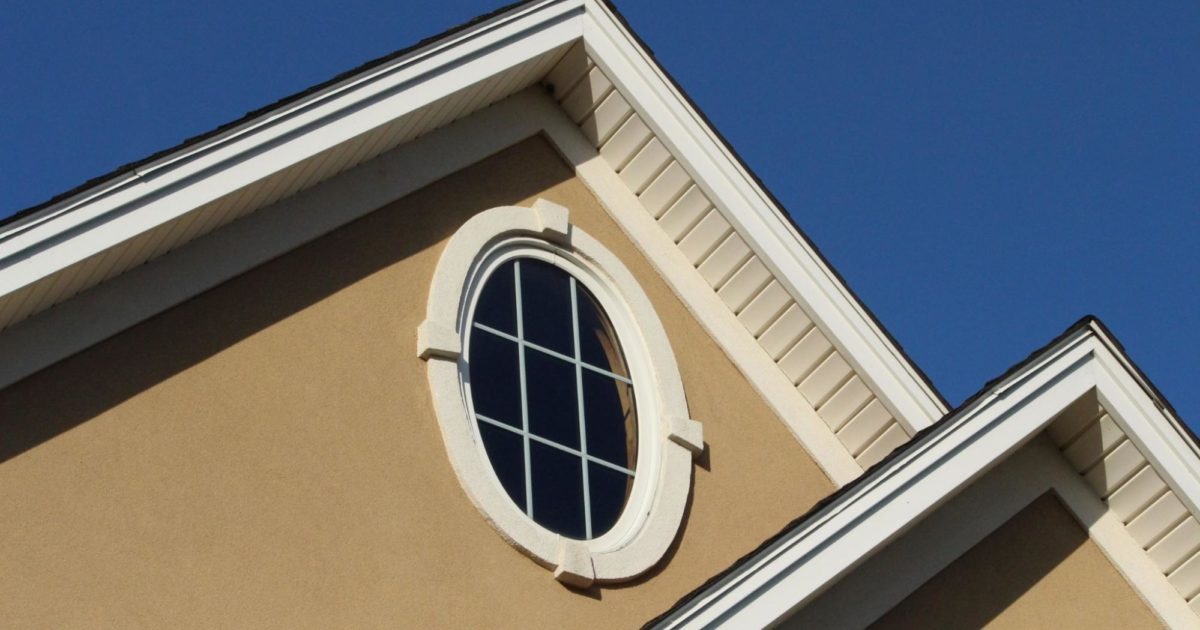When it comes to building a sturdy and long-lasting house, the choice of materials plays a crucial role. With numerous options available in the market, it can be overwhelming to determine which material is the most durable. In this comprehensive guide, we will explore the various factors to consider and provide expert insights into selecting the most sturdy house material that meets your needs.
- Understanding Durability:
Durability refers to a material’s ability to withstand external forces, such as weather conditions, structural stress, and wear and tear, without significant damage or deterioration. It is essential to choose a material that can withstand these challenges over an extended period. - Concrete: The Timeless Champion:
Concrete has long been recognized as one of the most durable house materials. Its exceptional strength and resistance to fire, water, and pests make it a popular choice for construction. Additionally, concrete offers excellent thermal insulation properties, reducing energy consumption and enhancing sustainability. - Steel: The Modern Marvel:
Steel is another material renowned for its durability and strength. Its high tensile strength allows for the construction of robust and resilient structures. Steel-framed houses are resistant to earthquakes, hurricanes, and other natural disasters. Moreover, steel is non-combustible, making it a safe choice for fire-prone areas. - Fiber Cement: The Versatile Warrior:
Fiber cement is a composite material composed of cement, sand, and cellulose fibers. It combines the durability of cement with the flexibility of wood, making it an excellent choice for various climates. Fiber cement resists rot, pests, and fire, while also providing excellent insulation and noise reduction properties. - Brick: The Time-Tested Classic:
Brick has been used in construction for centuries due to its exceptional durability. It offers excellent resistance to fire, moisture, and pests. Brick houses have a long lifespan and require minimal maintenance. Additionally, brick provides excellent thermal mass, regulating indoor temperatures and reducing energy costs. - Natural Stone: The Unmatched Elegance:
Natural stone, such as granite, marble, or limestone, not only adds a touch of elegance to a house but also offers exceptional durability. Stone houses can withstand extreme weather conditions and are resistant to fire and pests. While more expensive than other materials, natural stone provides unmatched longevity and aesthetic appeal.
Conclusion:
Choosing the most sturdy house material is a critical decision that impacts the longevity and resilience of your home. Concrete, steel, fiber cement, brick, and natural stone are among the top contenders in terms of durability. Consider factors such as climate, budget, and personal preferences when making your choice. By selecting the right material, you can ensure a safe, long-lasting, and structurally sound home for years to come.

